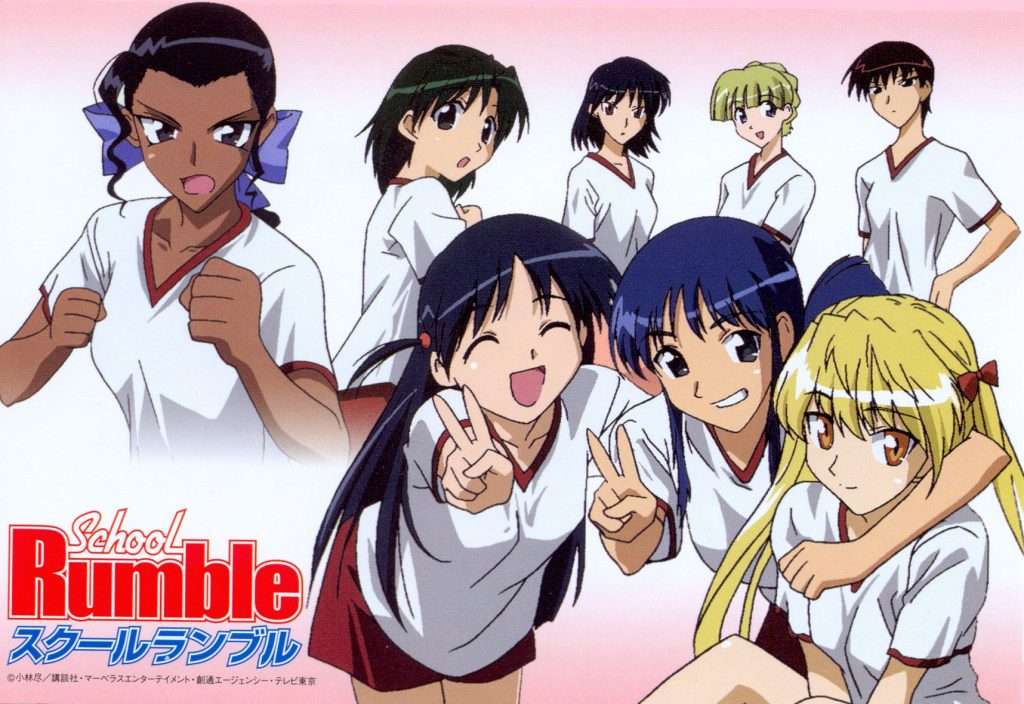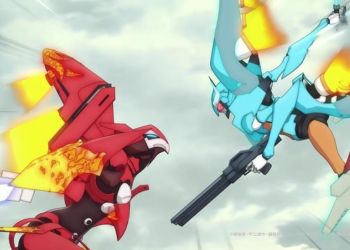Shinji Takamatsu is known for his directorial ventures like RobiHachi and Cute High Defence Club LOVE! Recently, he’s been in the news for his comments on how the censorship policy of China affects anime production.
He stated in a trending tweet on Saturday his take on the effects of China’s production schedules on television anime. He spoke at length about how anime has extended production periods and how it’s hard to anticipate when it peaks.
“It used to be crowded during the broadcasting and now the norm is delivering all the episodes together”, he stated.
最近のアニメは、制作期間が長くてどのへんでピークがくるのか予想しづらい。前は放送中が一番忙しかった。全話納品が増えたせいだが、その主な理由は中国の考査で、放送3ヶ月前には考査にかける必要がある。国内でペイするのが難しい状況では海外番販は必須なのだ。
— 高松信司 (@takama2_shinji) May 28, 2021
The main reason is that these episodes have to go through a content filter suitable for Chinese audiences. This censorship which curtails a very specific style of entertainment can be a daunting task.
“It is important that this content verification takes place three months prior to the broadcast”, he mentioned. This is in accordance with China’s policies on censorship.

In circumstances where it’s difficult to sell it in the domestic market, it becomes important to sell it abroad. This is in light of the difficulties that the anime faces in the home market in terms of reaching a marginal profit.
Yesterday he had a conference for a work that he was planning to broadcast in autumn next year. Another work was scheduled for the spring of 2022.

Shinji Takamatsu also referred to the work pressure that such a deadline imposes and how that can hamper creative pursuit. His statement gives us an insight into the economics of sales in the global market. This has dire implications about how capitalism affects artistic representation and artistic freedom.
He also spoke about restraints he has as a director working with the studio. He also spoke on how he has limited choices when it comes to complying with the Studio’s decisions.
His tweet has been retweeted 1.3k times as recently as Monday. Shinji Takamatsu has previously spoken about anime-based Industry issues with respect to budgets and production.





